Artificial Intelligence (AI) is making waves in the writing world—assisting with everything from grammar checks to full-length content generation. While AI offers promising tools for authors and content creators, it’s often surrounded by myths and misunderstandings. Separating fact from fiction is essential for writers to make informed and creative use of AI.
What Are the Common Myths About AI in Writing?
AI for writers typically involves tools that generate, suggest, or improve written content using natural language processing (NLP) and machine learning. Despite the growing popularity of these tools, several misconceptions persist, often leading to unrealistic expectations or unnecessary fears.
Key Myths About AI in Writing
Myth 1: AI Will Replace Human Writers
One of the most common fears is that AI will make human writers obsolete. In reality, AI lacks the emotional depth, cultural understanding, and lived experience that human storytelling requires. AI is a tool—not a replacement. Writers still lead the way with creativity, insight, and narrative skill.
Myth 2: AI Can Write Perfect Content Automatically
While AI tools can generate text quickly, they are not flawless. AI-generated content often requires editing, fact-checking, and refinement. These tools are great for drafting and brainstorming, but human oversight remains essential for quality, tone, and accuracy.
Myth 3: AI Understands Context Like a Human
AI can mimic patterns in language but does not truly “understand” context, emotions, or subtext the way humans do. It can generate plausible-sounding content, but nuanced writing—such as satire, irony, or cultural references—still requires a human touch.
Myth 4: Using AI Is Cheating
Some believe that using AI in writing is unethical or equivalent to plagiarism. However, when used responsibly—like a co-writer or idea generator—AI is simply a modern tool in the creative process. Many professionals use AI for research, outlining, or overcoming writer’s block without compromising originality.
Myth 5: AI Has No Bias
AI is only as unbiased as the data it’s trained on. Language models can reflect existing biases from internet content, potentially reinforcing stereotypes or misinformation. Writers should be aware of this limitation and critically evaluate AI-generated output.
Myth 6: AI Can Replace Creative Thinking
Creativity involves intuition, emotions, and unique perspectives—all qualities that AI lacks. AI can assist in the creative process by generating ideas or enhancing drafts, but it cannot originate deeply personal stories or craft meaningful art on its own.
Conclusion
AI is a powerful writing assistant, but it is not a magic wand or a replacement for human creativity. Debunking the myths around AI helps writers embrace these tools with clarity and confidence. By using AI ethically and creatively, writers can enhance their workflow without losing their voice, authenticity, or control over their craft.


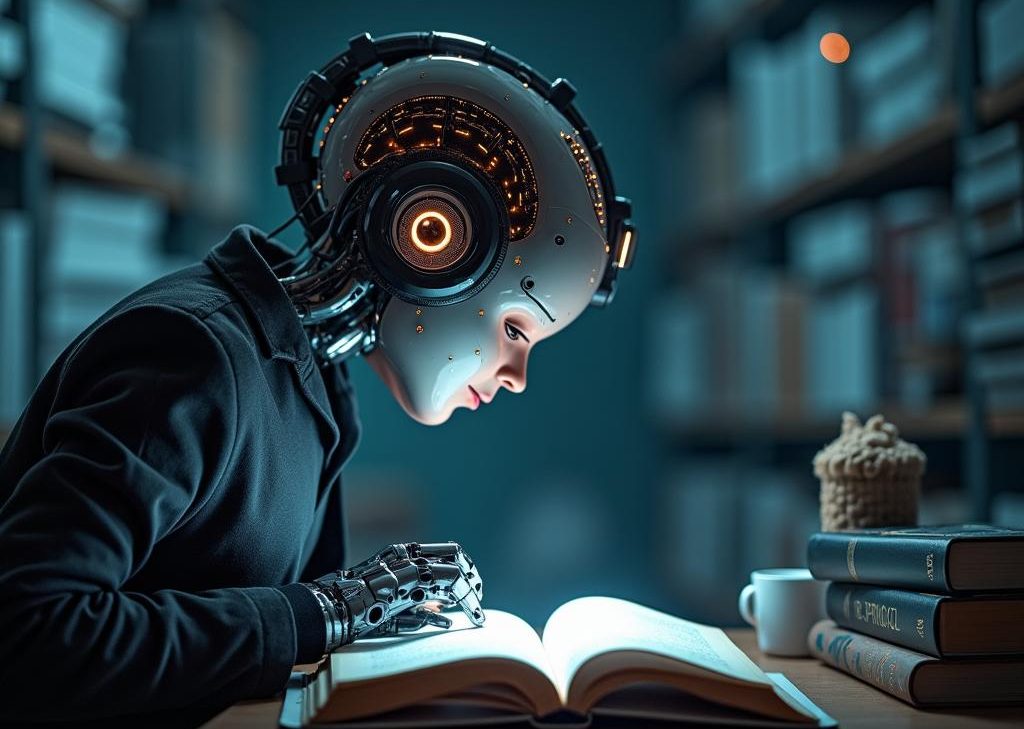
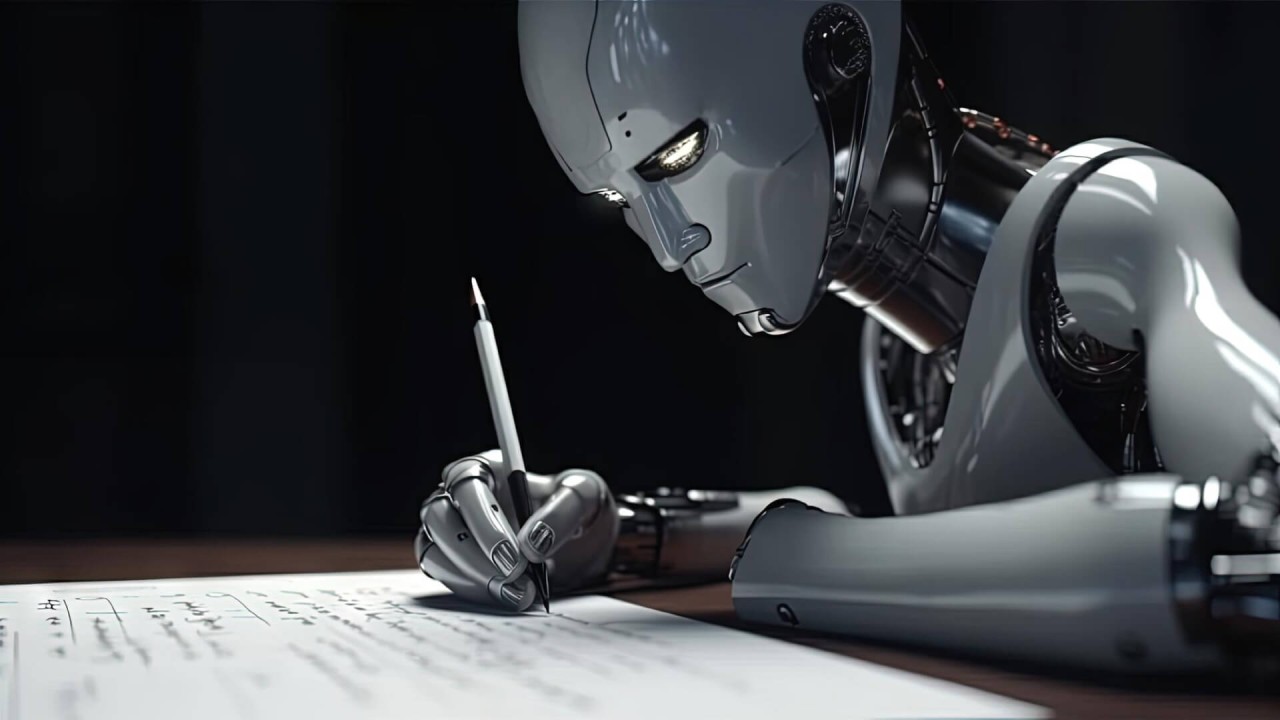
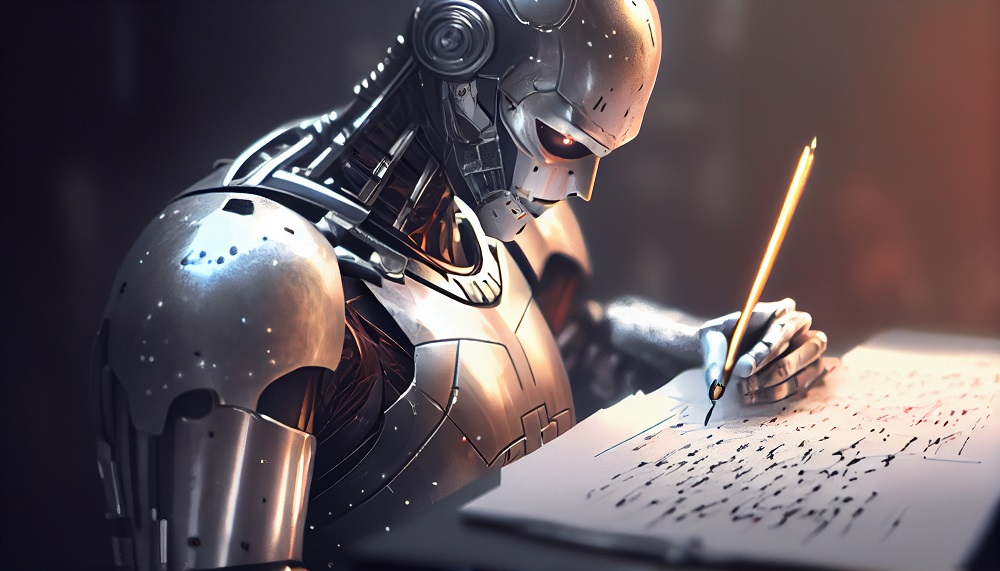
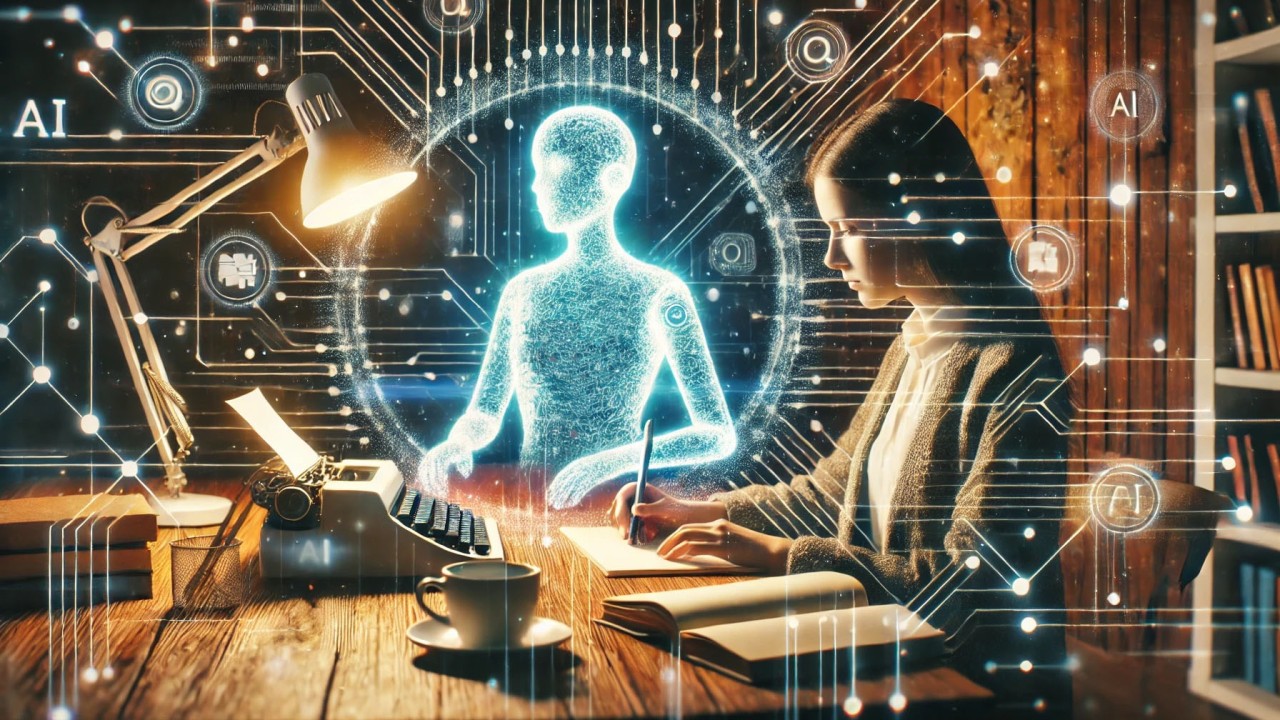
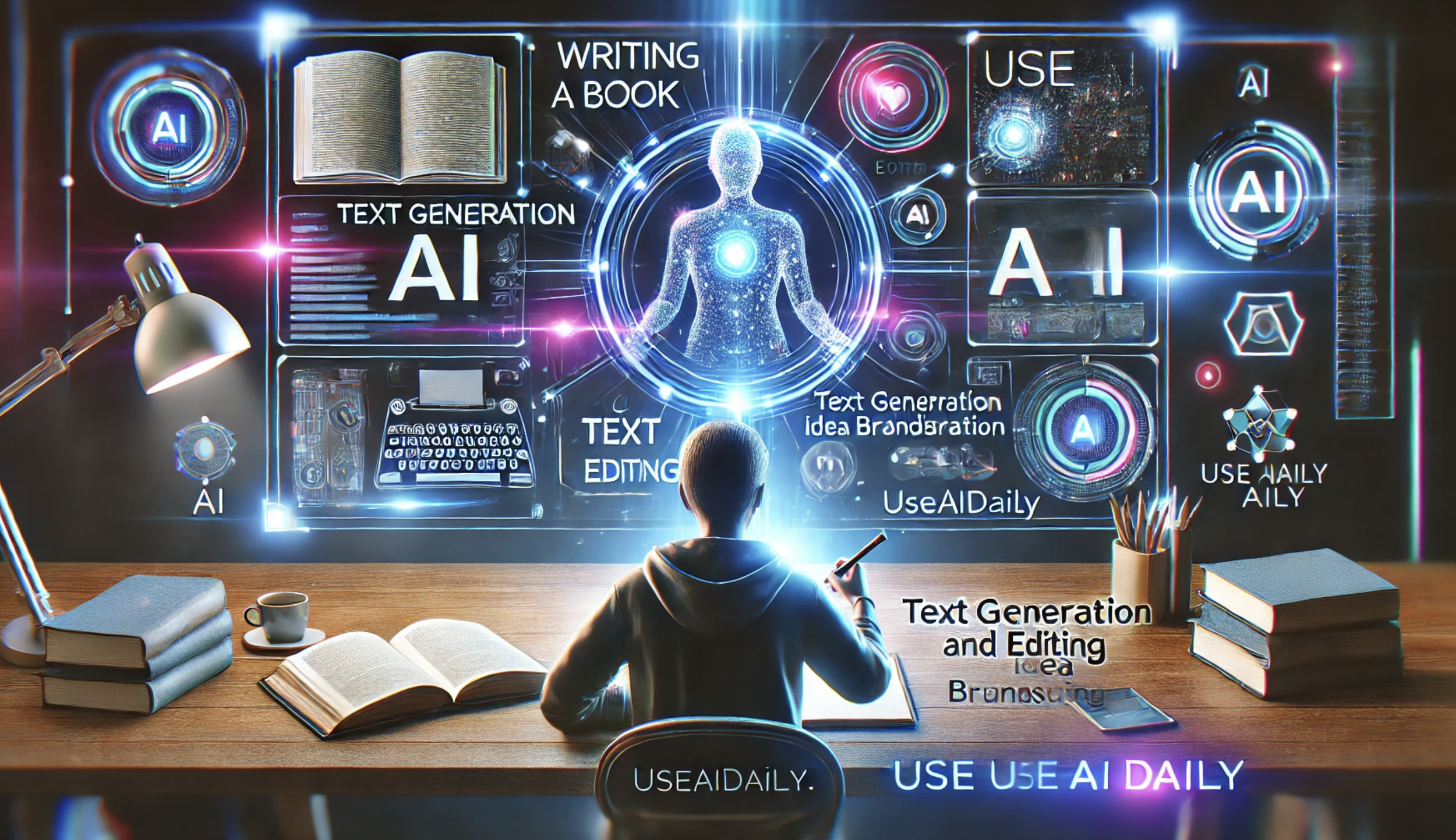
Leave feedback about this